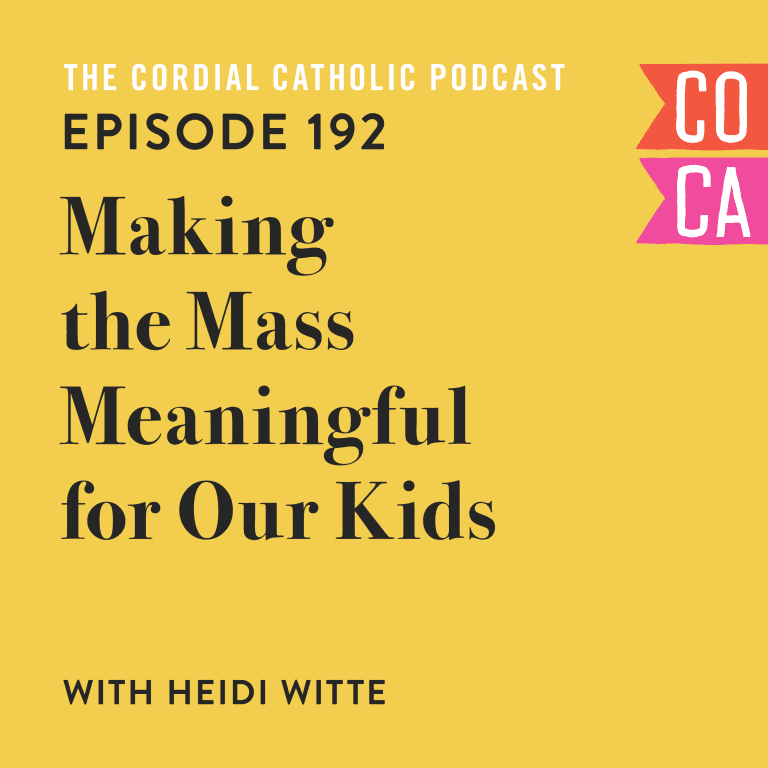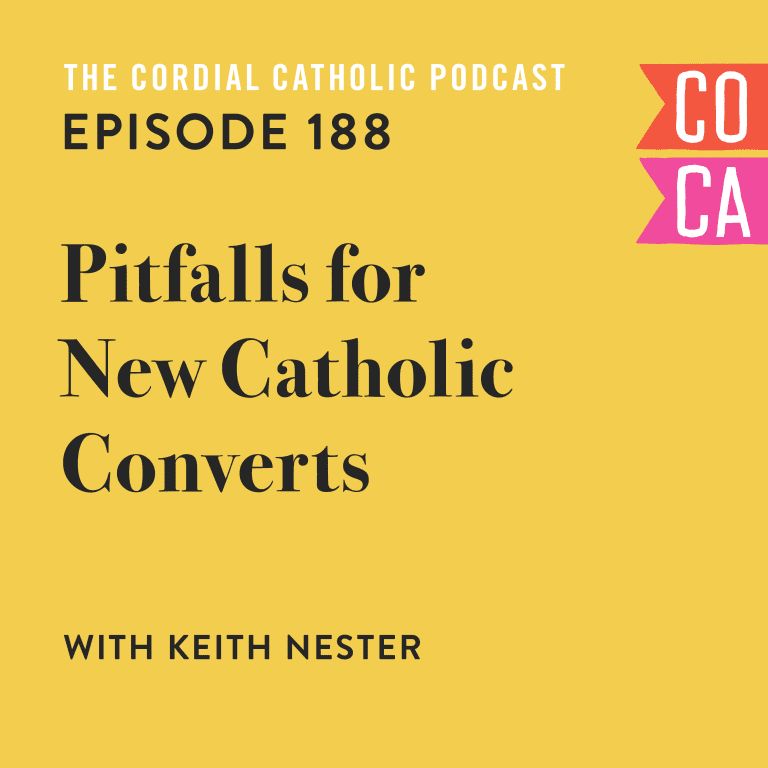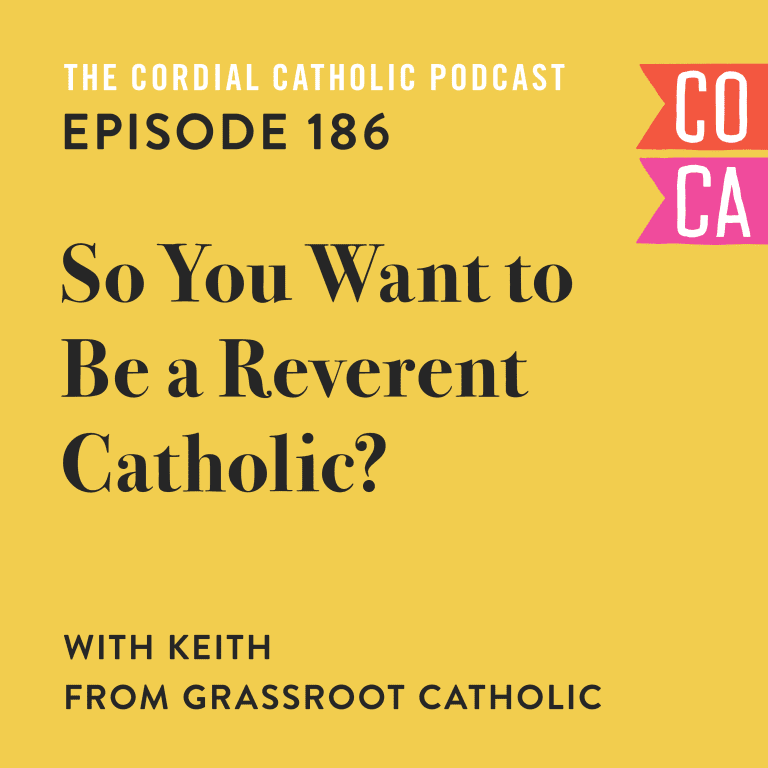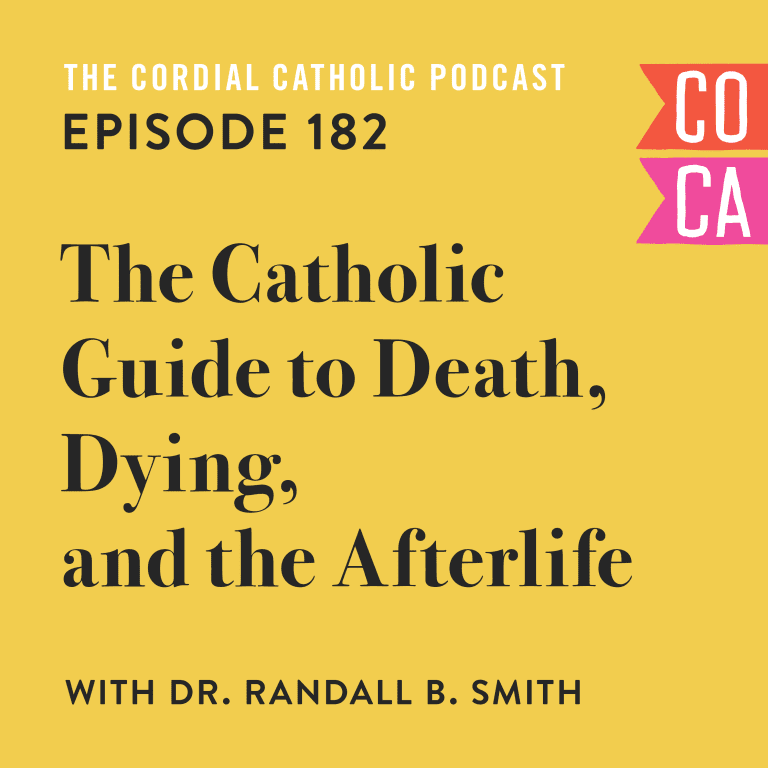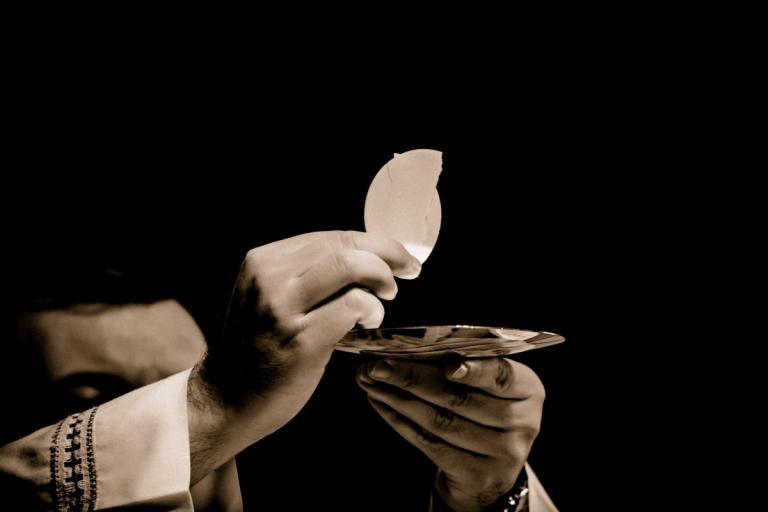
So I have this weird affinity for rough towels.
Hear me out.
Ever since I was a kid, my ever thrifty mother loved her clothesline. She loved hanging clothes to dry. Some days if we’d hadn’t seen mom around the house for a while my sister or I would ask, out loud, “Where’s mom?”
The answer, inevitably, was the same, “Out back with the clothesline again.”
So I grew up, understandably, with rough towels. If you’ve ever had a mother like mine, who hung towels out to dry on the line, you know what I mean. They just don’t dry the same as in a clothes dryer. They’re hard and stiff and rough and liable to peel a layer of skin off your face if you’re not expecting it.
When my wife and I bought our first house I was excited to start to dry clothes outside and save the roughly twenty-five cents it costs to run the dryer (frugality is hereditary and we both came by it honestly). After pulling the first towel from the linen closet and proceeding to scrap a layer of skin away from her face, my wife declared that from now on towels would not be hung on the clothesline.
As in any good marriage we struck a compromise: all of the towels now go in the dryer.
All of this to say, I have a particular nostalgia for the way a towel feels when it’s been hung up to dry. It’s weird, I know, but not too different from the kind of nostalgia many of us carry around for the things we grew up with and around. For those of us lucky enough to grow up in stable, loving families these are things we remember fondly.
And it is, most often, these sensory elements, the touch or taste or smell of something that brings us right back to when we were young. The motion or movement of something we used to love to do.
(If you’re my age and grew up in the late 80’s you could, most likely, pick up a Nintendo controller and it’d be like you never put it down. The feeling of that weird rectangle in your hand would be comforting and familiar.)
This is the same with the Mass.
I remember, as an Evangelical, encountering older Christians—mentors who I’d look up to—who’d describe themselves as former Catholics. They’d talk casually about how awful the Mass was; how it was laden with ritual and rite but was largely just going through the motions. It was an empty religion, they’d remark, in contrast to the more relational focus of the Evangelicalism they’d encountered and embraced.
On balance, they were right. Catholics who were poorly catechized can hardly be blamed for failing to understand the deep meaning behind the liturgy but not all Catholics are former Catholics and not all Catholics are turned off from the smells, the bells, and the motions of the Sacred Liturgy unfolding at Mass.
Instead there are some, like me, who prefer their towels rough. Who are deeply moved by the motions of the Mass. Who love ritual and the rites so far as to become a Catholic. But, why?
For many Catholics, the term “Vatican II” is synonymous for all things wrong with the Catholic faith. It’s true that, for the most part, an entire generation of Catholics were basically opted out of learning about their faith; it wasn’t seen as important, which was not at all what Vatican II intended. But, nonetheless, the generation growing up following Vatican II, in large measure, were simply not taught about what was happening at Mass or the value of their faith.
The increasing secularization of culture was another factor though too. When all of your neighbours in your little village or neighbourhood are Catholics like you, your religious education is robust, multi-faucted, and happens all the time. It’s immersion, which, ask anyone, is the best way to learn a language. In this case, it was the language of the faith. You learned the value of prayer from Mr. Jones in the vegetable garden; you encountered your first saint in Mrs. Sunita’s kitchen; you assisted at Mass every other Saturday because, in your neighbourhood, that’s what all the boys did.
In the end, the erosion of Catholic education and of Catholic cultures led to a predictable lack of understanding of the rituals and rites of the Church; a lack of understanding of what was happening in the Mass and its value. And an emptying out of our churches.
The Mass was called an empty ritual by former Catholics because it was never understood to be anything more. They were wrong, of course, but only because they’d never learned the rite.
The Mass, as intended, is more like that rough towel from my childhood than an empty set of routines.
Those things we love from our childhood, and beyond into today, are beloved because they comfort us. They remind us of something else—something deeper—and something we love very much. Like the rough towels I used all summer long—whenever towels could be dried outdoors in our Canadian climate—the Mass is something we are intended to experience over and over and over again, no matter the weather, actually.
The smells and bells and motions are intended to point us to Christ and the liturgy of the Mass itself is supposed to work on our souls like an exercise regime, to strengthen our spiritual muscles, and to inculturate us to the culture of Heaven. So that we can begin to prepare for Heaven, right here on earth.
That is the Mass.
The Mass, like those comforts of childhood, is supposed to feel like something we grow into, long for, and approach with a deep fondness. This is the divine mystery of the Mass: That it should feel as familiar as pulling on an old, beloved sweater while also taking us to the spiritually transcendent.
At its core the Mass is a ritual. But a ritual, when properly understood and celebrated, is something deeply, spiritually profound. And while we do need to deepen our Catholic education (yes indeed!) in order to understand what’s happening in the Mass—the point and purpose—we also need to stop worrying so much about “empty religion.”
Because what’s empty about that love and longing for the smells, bells, and motions of the Mass? It is, after all, a longing for Heaven.



